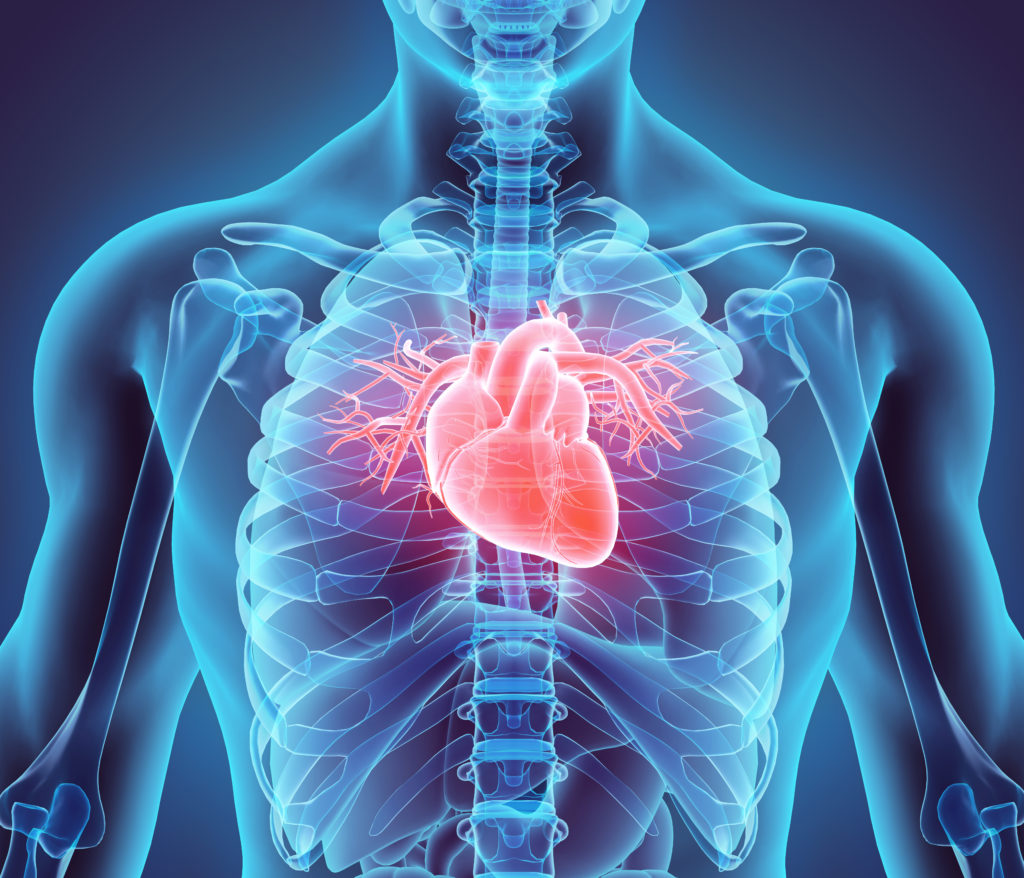Welcome to the latest edition of Heart International. I would like to begin by paying tribute to all the victims of the coronavirus pandemic. I know of very few people who have not lost a family member, friend, colleague or a neighbour with COVID-19. Such deaths are not simply statistics, for behind each death is a unique and precious human being who had loving families and friends. May they all rest in peace.
We begin this edition with an expert interview with Dr John Cheatham, in which he offers an update on the role of transcatheter pulmonary valve replacement in the treatment of severe pulmonary regurgitation that develops in later life, following surgical repair of congenital heart defects.
In a special report, Rab et al. give a succinct yet extremely informative overview of the current technical approaches and practice considerations used in left main stem bifurcation stenting. We then have a series of illuminating reviews, the first of which is by Foult et al. on the utility of computed tomography (CT) coronary angiography for the quantification of total coronary atheroma burden and its role in predicting future cardiovascular events. On a related subject, Beverly and Budoff review the evidence for the use of coronary artery calcium scoring as a predictor of atherosclerotic cardiovascular disease. Figini et al. critically appraise the published literature on the management of non-culprit disease in patients with ST-elevation myocardial infarction and multivessel coronary artery disease; they propose a practical approach for dealing with bystander disease. Sengottovelu et al. review the clinical development of the relatively new MyVal transcatheter heart valve system for the treatment of severe aortic stenosis, while Vetrovec et al. discuss the bleeding risks associated with the use of Impella heart pumps for mechanical circulatory support during complex, high-risk percutaneous coronary intervention (PCI). In our final review, Corballis et al. compare the literature around drug-eluting stents and drug-coated balloons to determine the optimum strategy for PCI in patients with high bleeding risk.
We also present an original research article by Rigatelli and Zuin where they used coronary CT to investigate the flow dynamics across the intramural segment of anomalous coronary arteries originating from the opposite sinus of Valsalva, both before and after stenting of the segment.
We conclude this issue with four case reports, which we hope will provide insights into the management of some of the less commonly encountered conditions in day-to-day cardiology practice.
Heart International would like to thank all authors for their valuable contributions to this edition. A special thanks goes to our Editorial Board for their continuing guidance and engagement. We remain grateful to all organisations and media partners for their ongoing support. We hope that these articles prove thought-provoking and useful. Please also take the opportunity to look at the videos on our website, www.touchcardio.com/, which features content from experts in cardiology.
Finally, we wish you all the best for 2021 and hope you all stay safe and well during these challenging times. The coronavirus pandemic has certainly changed our lives in so many different ways, but one thing we should never do is lose hope, for with every hardship comes ease, and there is already light at the end of the tunnel.
Magdi El-Omar
Dr Magdi El-Omar is a consultant interventional cardiologist at the Manchester Heart Centre and an honorary senior lecturer at the University of Manchester, Manchester, UK. He graduated from St Bartholomew’s Hospital, London, in 1988 and undertook his postgraduate general medical training in London and Oxford. He then completed his general cardiology training in Birmingham, Oxford and Wales, before subspecialising in coronary intervention. The latter included a 2.5-year clinical/research fellowship in interventional cardiology at the Cardiovascular Research Foundation and the New York University Medical Centre, New York, NY, USA. During his time there, he worked closely with leaders in the field, including Drs Greg Stone, Martin Leon, Gary Roubin, Frederick Feit and Aaron Marcus. Dr El-Omar has been involved in research for over 25 years. He undertook a 2-year British Heart Foundation Junior Research Fellowship in basic science (diabetic cardiomyopathy in a rat model) in 1997–1998, which led to the award of an MD degree by the University of London. He has since been actively involved in clinical research, especially in the fields of acute coronary syndromes and coronary intervention. He has authored more than 65 peer-reviewed articles, mostly in high-impact journals. He has been local principal investigator for several landmark, international multicentre trials (e.g. HORIZONS-AMI, INFUSE-AMI, TOTAL, TWILIGHT, etc.). He is actively involved in education and training and is a course co-director of the International Complex Cardiovascular Catheter Therapeutics Conference in the USA.











